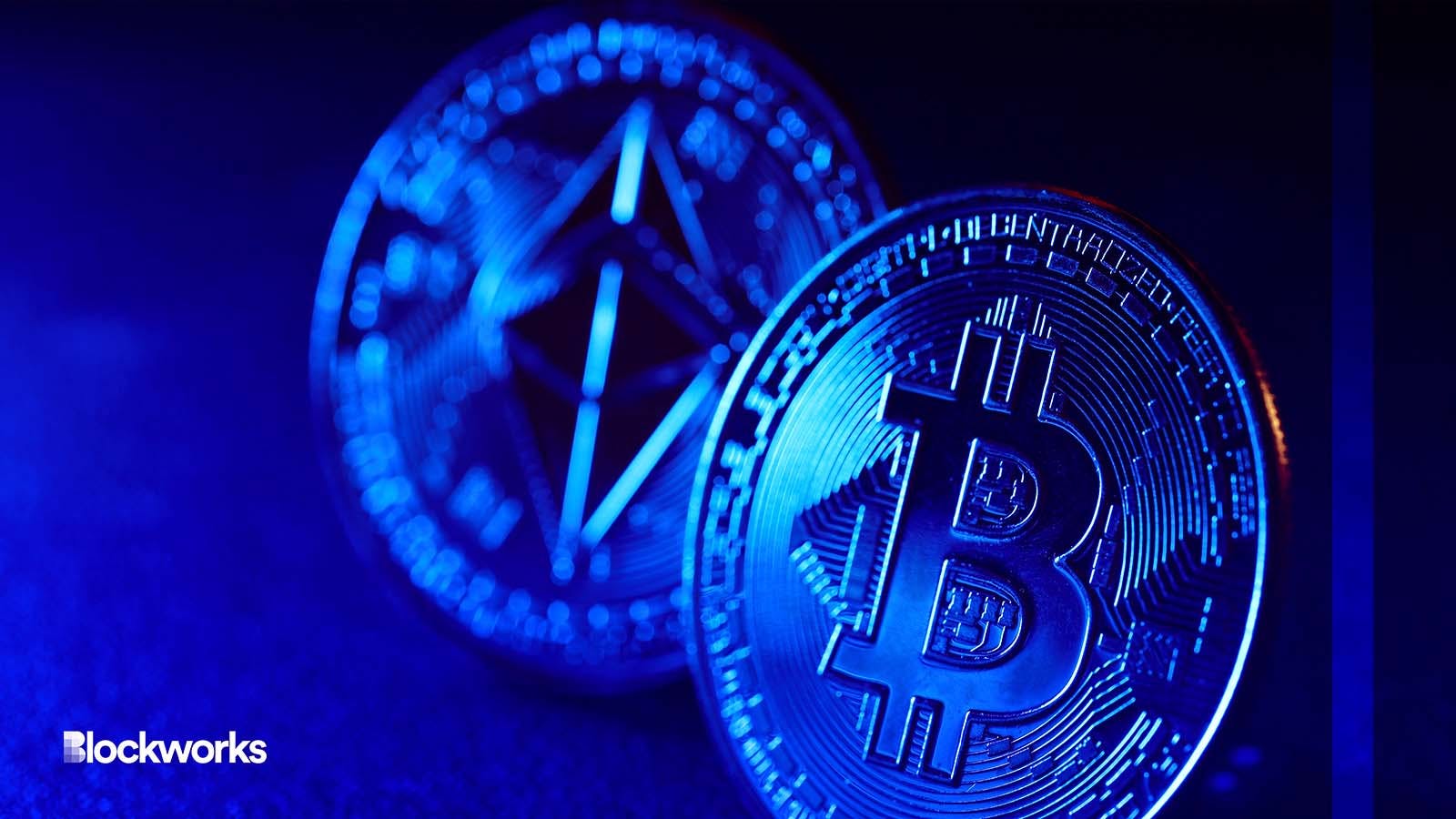Castle Funds Seeks To Fill Gap in Insurance With Crypto Exposure
Castle Funds has a new index fund targeting insurance carriers, offering exposure to bitcoin, ether and other cryptocurrencies

TY Lim/Shutterstock.com modified by Blockworks
Castle Funds is seeking to fill a gap in the insurance dedicated funds (IDF) space by launching an index fund for investment advisors and insurance professionals that want to allocate client money to crypto.
The California-based digital asset fund manager’s new Castle Digital Index Fund offers exposure to bitcoin (BTC), ether (ETH) and other cryptocurrencies available within an IDF.
IDFs are generally only open for direct investment by insurance carriers. Individuals are typically able to invest in the IDFs through private placement life insurance or variable annuity policies they purchase from insurance carriers.
The investment firm partnered with a multinational life insurance carrier, though declined to name which one. The carrier has added Castle’s IDF to its menu of public-market, liquid and illiquid alternatives investment options for policyholders seeking to invest their insurance premiums, a spokesperson told Blockworks
“We’re trying to focus their attention on the crypto aspect of it and make the other aspects of the ownership experience feel as much like a traditional institutional investment product as possible,” Castle Funds Director Dan Hoover told Blockworks.
In addition to BTC and ETH, Hoover said the fund, set to rebalance monthly, could initially hold cryptocurrencies such as cardano (ADA), dogecoin (DOGE), polygon (MATIC), solana (SOL) and polkadot (DOT).
The weighting of any single asset in the portfolio, which excludes stablecoins, is capped at 35%.
Castle Funds has managed private funds invested in digital assets since 2017.
But Hoover said the firm saw demand from investors wanting a more tax-efficient way to buy crypto indexes, adding he believes insurance dedicated funds present “one of the largest growth areas” in the insurance space.
Investors pay taxes related to gains on the invested premiums when they make withdrawals from the annuity.
“People that are entering into these variable annuity or variable universal life products can come in and say OK, I have a suite of alternative investment options in here … but I need a diversifier,” Hoover said. “So we felt there was a gap in the market for something that was liquid, that had monthly redemptions.”
Crypto gains another access point
Castle Funds President Peter Eberle said in a statement the firm has focused on crypto investment strategies that work with existing financial vehicles, such as self-directed individual retirement accounts (IRAs).
“The IDF is an additional access path for investors who are seeking tax- and cost-efficient ways to access these markets, and their portfolio diversification benefits, over a longer term,” he added.
Castle Funds’ existing hedge fund products are accepted by major self-directed IRA custodians, such as Millennium Trust, Entrust Group and Pacific Premier Trust as qualified investments for their self-directed IRA plans.
The company, however, has no plans to offer a fund for such plans that tracks the same index as the Castle Digital Index Fund.
While self-directed IRAs remain a compelling way to defer taxes on tax-inefficient investments like crypto, Hoover said, the Castle Funds director expects 401(k)s, for example, to remain closed to crypto for the time being.
Crypto exposure in IRAs has been a touchy subject due to Grayscale Bitcoin Trust’s underperformance, as well as write-offs by pension funds invested in failed crypto firms Celsius and FTX.
The Department of Labor said in March 2022 guidelines the Employee Benefits Security Administration (EBSA) expects to investigate plans that offer participant investments in cryptocurrencies and related products.
“This expectation has chilled interest by plan sponsors and fiduciaries in direct cryptocurrency investments for now,” Hoover added.
Similar to the crypto within the retirement arena, the executive said, such exposure in the insurance space is still in its infancy.
The Castle Digital Index Fund is private and limited to insurance companies and qualified purchasers — generally a person holding an investment portfolio with a value of $5 million or more.
“This is the first step,” Hoover said. “The real killer in the variable annuity space is getting through to retail.”
Get the news in your inbox. Explore Blockworks newsletters:
- The Breakdown: Decoding crypto and the markets. Daily.
- 0xResearch: Alpha in your inbox. Think like an analyst.






